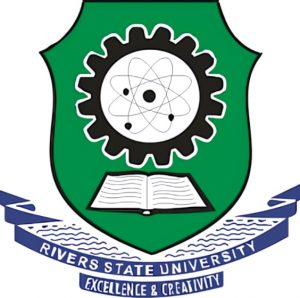The duties and responsibilities of the department are as follows
1 To train adequate manpower that will face the challenges of the maritime industries
2 To provides the motivation, enthusiasm, impetus, and guidance for staff and students of the department to strive to be the best in academic pursuits, research, and service to the community
3 To equip the students with knowledge of appropriate skills, competencies and disposition that will make them globally competitive and capable of establishing their own businesses so that they will be self employed
4To provide the drive for the application of knowledge and skills towards the provision and improvement of research and development products that affect the quality of life in general and the fortunes of industries and the private sector
5 To train students to assume officer responsibilities on merchant ships and prepare them for careers in the marine related fields ashore
6 To prepare students for a regimental life style that requires self –discipline, personal growth, professional development, team work, strength of character and social responsibility

